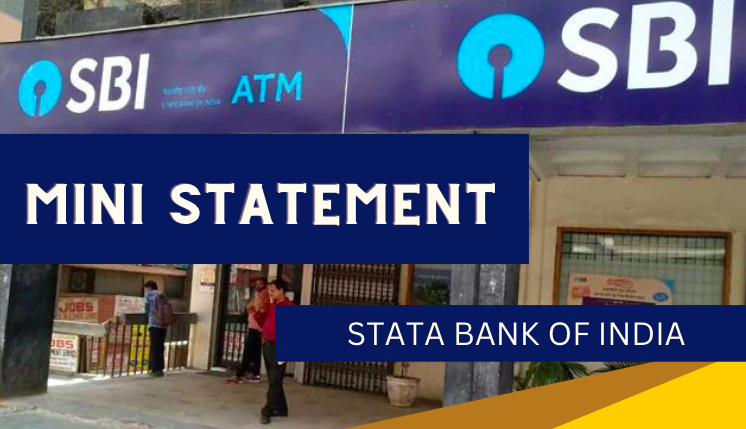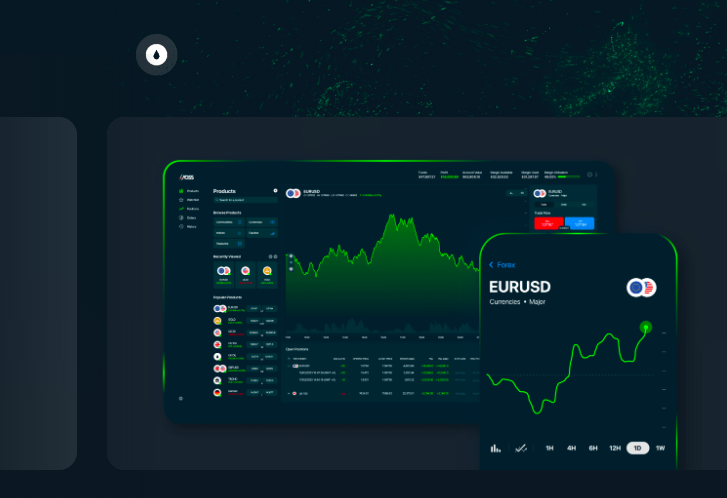As consumers demand cashless and frictionless financial services, banks, technology companies, and other institutions must embrace digital innovation while ensuring security. Heightened technology use, however, increases the number of vulnerabilities that cybercriminals can exploit. This can lead to significant financial losses, operational downtime, regulatory fines, and brand damage.
Protecting Your Customers
The financial industry is a target for cyber attacks due to its extensive data and assets. Significant economic losses could arise from a successful attack, including the theft of money, investment portfolios, or personal information. Customers trust their data and money with financial institutions, so any breach of this trust is cause for alarm. Cybersecurity in the financial industry is essential to safeguard consumer information and uphold its good name. Financial institutions must have a cybersecurity policy to protect consumer information and maintain their good name.
With rapid technological advances offering attackers new tools and more points of vulnerability, cybersecurity must remain a priority in the financial industry. Keeping teams up-to-date on best practices and training will help reduce human errors and weaknesses common in cyberattacks.
Cyberattacks on the financial sector can devastate consumers, businesses, and the economy. They can expose confidential financial information, halt transactions, or destroy entire economic systems. In the case of a significant hack, consumers can lose access to their accounts and suffer from financial losses and identity theft.
A robust cybersecurity strategy helps reduce the risk of such an attack and protects consumers and the broader economy. By ensuring that customer data is protected and financial institutions adequately protect against threats, they can help build trust and protect the global economy.
Protecting Your Employees
Whether they are storing data or handling sensitive financial transactions, employees in the financial industry must be prepared for cyber attacks. Ensuring cybersecurity is top-of-mind can help prevent breaches and maintain customer trust. Cybercriminals target the financial sector to steal funds and personal information. Financial institutions can better protect their customers and data from cyberattacks by implementing security measures like multi-factor authentication, end-to-end encryption and conducting regular audits. In addition to protecting customer data, a robust cyber posture helps companies meet regulatory requirements and reduce the risk of financial losses. A successful cyberattack on a financial company can cause various damages, including reputational damage and legal penalties. Those consequences are why it is so essential for financial services to invest in robust cybersecurity. It is recommended that financial institutions offer training and awareness programs to their employees to equip them with the necessary skills to address cyber threats.
These programs help employees recognize the types of cyber threats, their modus operandi, and best practices for countering them. In addition, these programs can also help improve employee morale and boost teamwork by building a culture of collaboration and trust.
Protecting Your Data
The financial industry stores a vast amount of sensitive customer data. When this information falls into the wrong hands, it can be used for unauthorized transactions and other criminal activities. This is why protecting your customers’ data through cybersecurity is so important.
Cyberattacks on financial institutions can lead to massive financial losses, and the damage may take years to repair. They may also harm a business’s profitability and reputation. Financial services companies must also abide by stringent cybersecurity and data protection laws. If you don’t, heavy fines and other legal repercussions may occur.
Even though cyberattacks in the financial industry are frequent, they can be lessened using layered cybersecurity and security best practices.
For example, phishing attacks can be prevented by creating an email firewall and educating employees on safe email practices. Deploying robust authentication mechanisms, such as biometric verification, can prevent ransomware attacks. Moreover, insider threats can be mitigated by implementing threat intelligence and analytics systems.
As the financial world continues to rely on technology for everything from trading stocks to sending money across borders, it is crucial to keep up with cybersecurity trends. This will help you protect your systems against hackers and comply with all applicable laws and regulations.
Protecting Your Network
The financial industry is responsible for storing sensitive data, including customer information and banking transactions. If this data falls into the wrong hands, it can lead to identity theft, fraud, and other criminal activities. Cybersecurity tools, such as encryption and secure networks, help protect this sensitive data from unauthorized access and attacks. This ensures that only authorized personnel can see it and that any unauthorized access or data breaches are quickly detected and responded to.
Cyberattacks on financial systems can result in significant financial losses for businesses and their customers. Criminals can steal money from bank accounts or use stolen credit card information to make fraudulent purchases. Additionally, data breaches can lead to costly regulatory fines and loss of business due to damage to a company’s reputation.
As the world continues to shift toward cashless societies, cybersecurity in the financial industry is vital to protecting consumer trust and ensuring reliable account safety. Without these safeguards, the financial system would risk disruption and potential collapse.
The tight interconnections of the financial system also create a target-rich environment for hackers, who could quickly spread attacks through a company’s network. Companies must keep up with evolving cybersecurity regulations and implement a comprehensive strategy that includes training employees to recognize and respond to threats.

Hey, this is Johny Sehgal. I am the owner and caretaker at Finance Jungle. I completed my education in BSC and now heading towards the digital marketing industry. I usually have interests in reading, playing games and watching movies. I also love to write content based on quality information. The main motive of mine is to provide the top and best quality information to my readers. Finance Jungle is the blog for the same.












